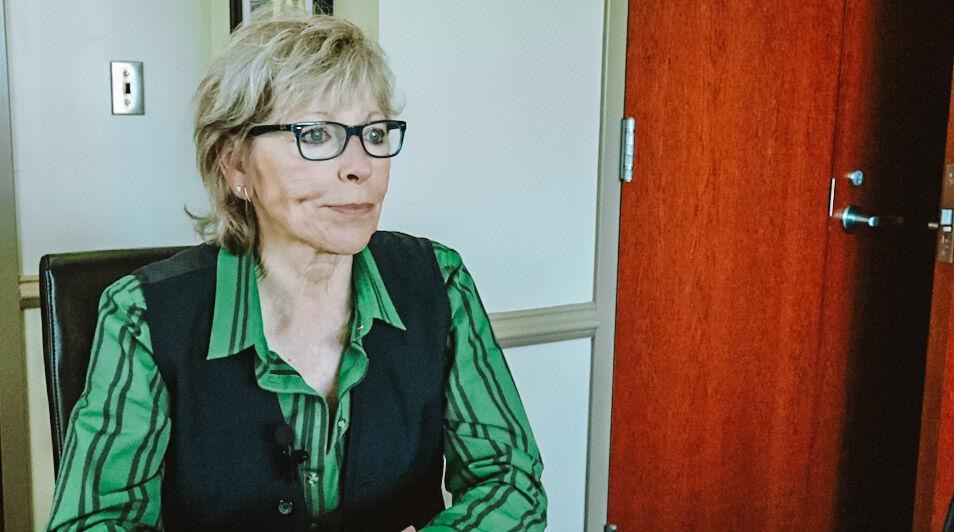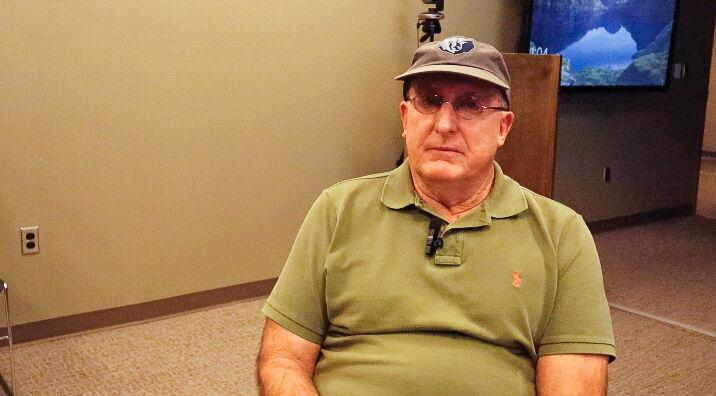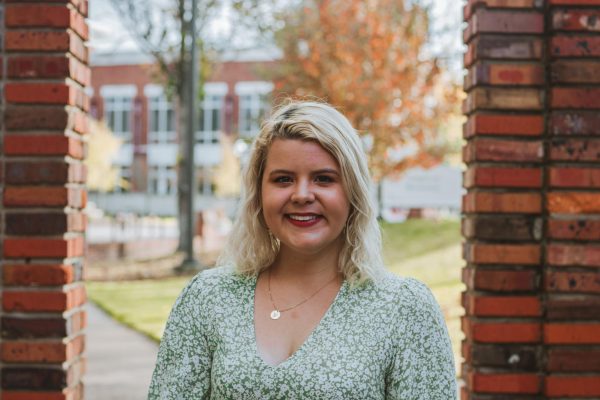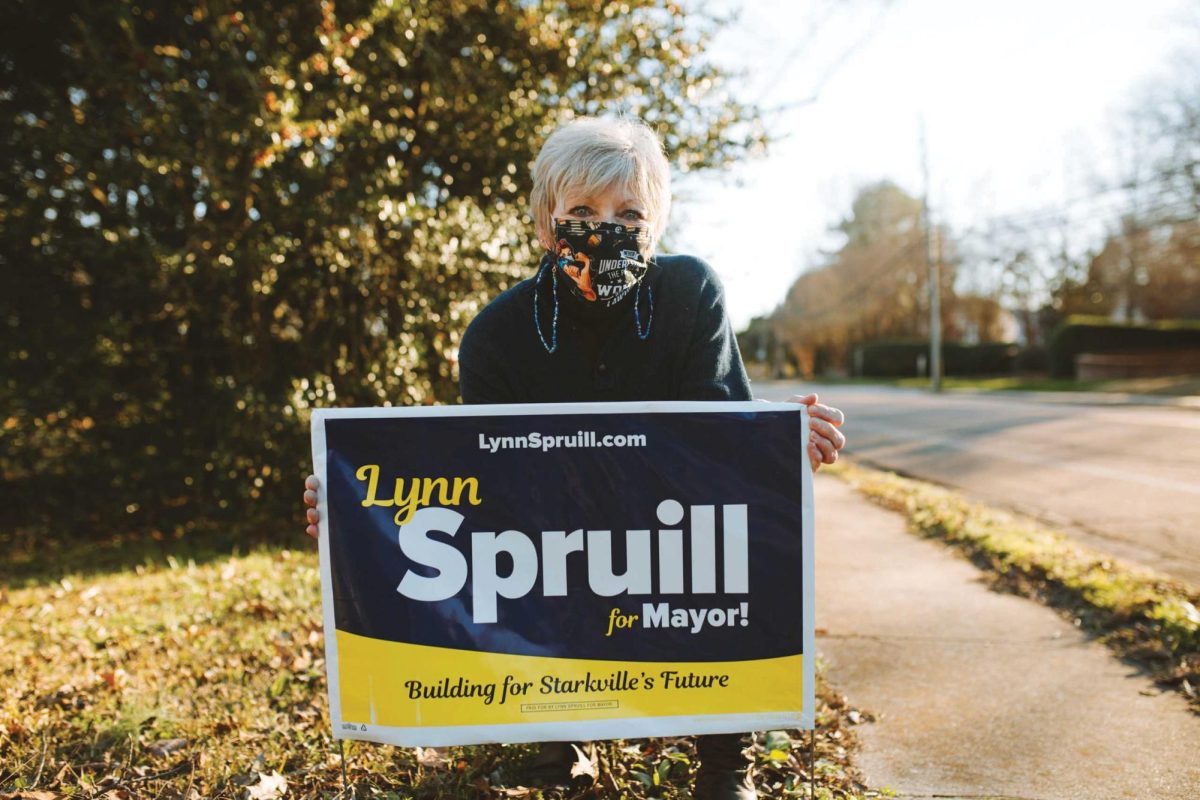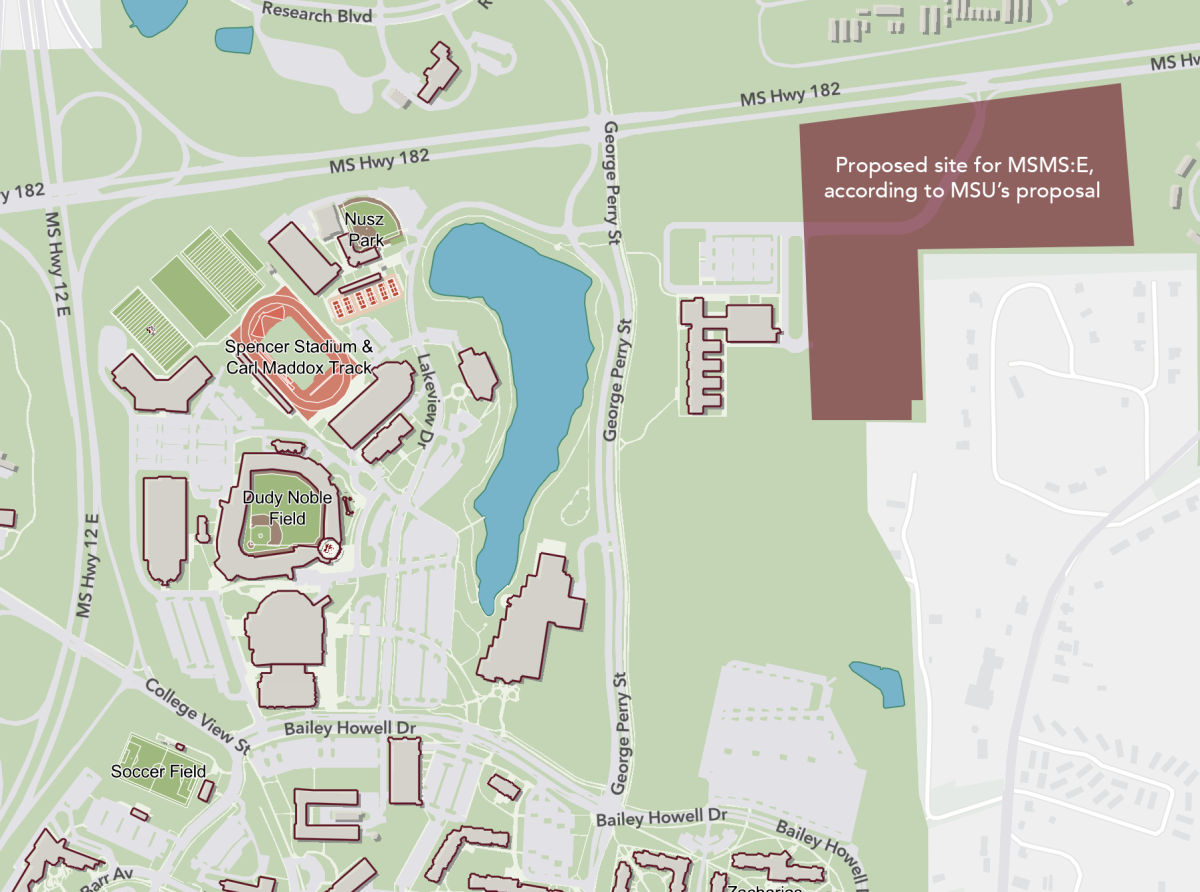Alderwoman Sandra Sistrunk detailed a new opt-in recycling proposal with a $15 residential fee at the Board of Aldermen work session Feb. 3.
Its projected cost to the city per year was about $136,000, which Ward 1 Alderman Ben Carver said was inexpensive.
“That’s as bare bones as we can get,” Ward 2 Alderwoman Sistrunk said.
The cost does not include contamination fees, and the WastePro recycling facility could charge extra money if the recycled materials are not clean and dry.
In the program, sanitation workers would pick up cardboard on one day and paper and aluminum cans on another to avoid cross-contamination. Two garbage trucks would transport residents’ recycling twice monthly to Columbus’ WastePro facility.
“By taking it directly to Columbus,” Sistrunk said, “it seems like that would burden the cost here, but it actually eliminates a couple of costs.”
Sistrunk said direct transportation to the facility removes material sorting labor and bin fees. Separate days for cardboard also reduce WastePro’s recycling acceptance cost.
Sistrunk worked with Ward 3 Alderman Jeffrey Rupp and sanitation services director Christopher Smiley to research the program’s potential budget, pricing and the number of households required for the city to earn revenue.
The trio’s plan does not include plastics No. 1 and 2. Sistrunk said facilities do not often recycle it because there is little demand for plastics in the industry.
“… There’s a 70-to-80% chance that (plastic) will not get recycled,” Sistrunk said, “that it will ultimately get bundled and taken to another landfill.”
A Greenpeace report discovered that about 5% of plastics are recycled, or 2.4 million out of the 51 million tons produced by U.S. households in 2021.
Beatty asked if including plastics would increase the cost. Plastics likely would up the price, Sistrunk said, and she explained that WastePro also could not promise that it would recycle plastics.
“I’ve been told that they hold it for three months (before taking it to the landfill),” Sistrunk said.
When concluding the proposal, Sistrunk asked if the aldermen were interested in contracting a company to manage curbside recycling. If an outside entity operated the program, the city would not be concerned with the budget, as the company would have the responsibility of calculating the expenses.
“It allows us to get into the business much more quickly,” Sistrunk said, “and it doesn’t interrupt the current work that’s happening at Environmental Services and Sanitation.”
Mayor Lynn Spruill agreed.
“Well, it’s the easy thing to do,” Spruill said. “It’s a ‘no harm, no foul.’ (And) the cost associated with the advertisement … is basically minimal.”
Beatty then voiced another version of his curbside recycling plan.
The alderman suggested adding a $1 fee to all Starkville residents’ monthly sanitation bills to pay for curbside recycling services. Citizens would not need to opt-in to receive the service.
The city’s current sanitation fee is $17.75 per month. Beatty said an extra dollar per month is not much to pay, and his idea is a simple way to reinstate curbside recycling cost-efficiently.
Sanitation fees have increased across Mississippi; Jackson almost doubled its garbage pick-up costs in 2022, from $20.80 to $37 per month.
“If we go to $15 a month,” Beatty said, “you’re going to cut out a whole class of people that can’t afford $15 a month for recycling.”
Beatty said his new plan would garner $144,000 per year, covering garbage trucks, physical labor and WastePro’s overhead and tipping fees.
Carver clarified that Beatty’s plan required every household to pay the additional dollar, regardless of which residents chose to recycle, while Sistrunk and Rupp’s outline was an opt-in program.
“You raise an interesting point with the rate structure and how far behind we are most cities in what we charge for these services,” Sistrunk said to Beatty.
She said the $15 per month program would pay for garbage trucks to service curbside recycling because “the city has to finance equipment.”
“… There’s several things out there that we need to take a look at before we just say that $1 a month is going to cover this for the entire city,” Sistrunk said.
“But according to your numbers, it does,” Beatty said to her, meaning 800 households would need to opt-in to curbside recycling to break even.
“You would need to double my numbers, Alderman Beatty,” Sistrunk responded, “because that assumes that we’ll have two trucks twice a month … (it would need to be) at least four trucks twice a month, so eight routes.”
Beatty said servicing 2,000 households for an extra $1 on residents’ sanitation bills would be more realistic than servicing the 12,000 projected customers Sistrunk calculated in her plan. He also stated that many Starkville residents would not pay $15 monthly for recycling.
Spruill said either option necessitates garbage trucks driving across the city to collect recycling.
“You do realize that we tout ourselves as a progressive,” Beatty said to the mayor, “… and (curbside recycling) is one of the things that defines a progressive city, not just here, in other states, too.”
Sistrunk redirected the conversation, encouraging Spruill to contact recyclers about providing the service.
“I think it’s time to make a decision … bring it to the board and let us vote it up or down,” Sistrunk said.
Ward 5 Alderman Hamp Beatty has consistently rallied for an affordable curbside recycling program in Starkville. He presented a $1 proposal at a recent work session.


